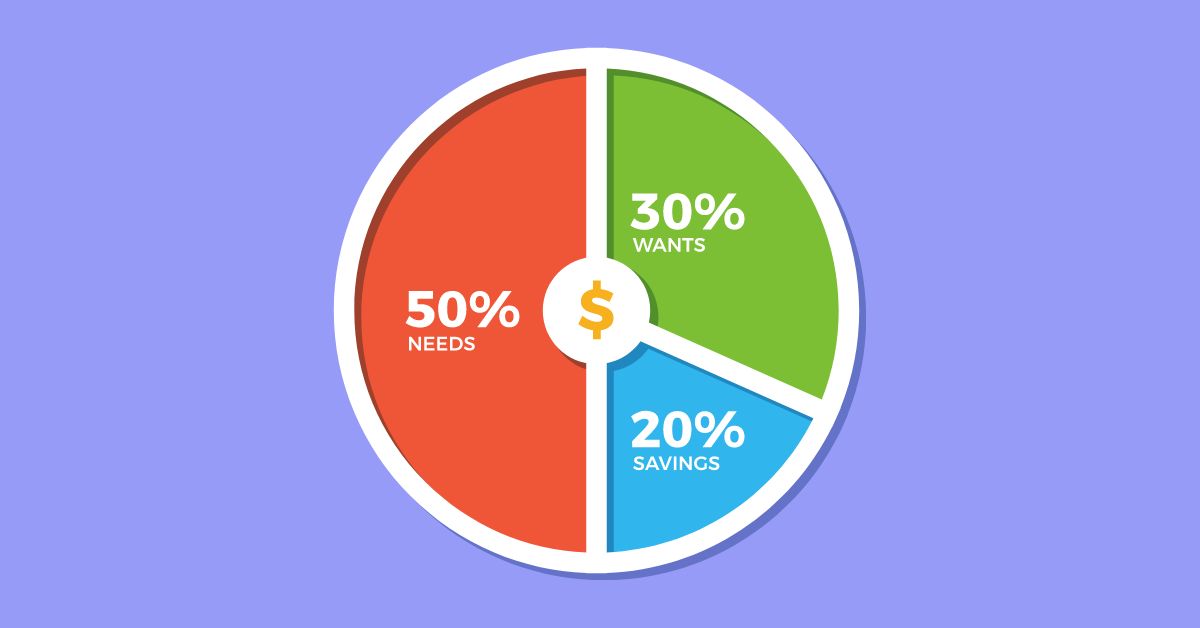Each listed stock in India is either a large-cap, mid-cap, or small-cap stock. Out of 5,057 listed stocks in India, 4,807 (over 95%) were small-cap stocks at the end of June 2022. But which stocks are labelled as small-cap stocks? Should you invest in them? Explore this article to learn the meaning of small-cap stocks, the risks of small-cap stocks, and how to invest in them.
What Is a Small-Cap Stocks?
A stock would be categorised as small-cap stock based on its market capitalisation. Market capitalisation, typically shortened as market cap, means the market value of a listed compfany’s shares. It is calculated by multiplying the total number of outstanding shares by the current stock price.
As defined by the Securities and Exchange Board of India (SEBI), the stocks of companies ranked 251st onwards in terms of full market capitalisation are small-cap stocks.
Understanding Small-Cap Stocks
Small-cap stocks are often characterised by lower prices, higher chances of price growth, higher volatility, lower liquidity, etc. A company may have a lower market capitalisation primarily due to a lower stock price or fewer outstanding shares, which may be due to the smaller size of the company, insufficient information about the company’s workings, negative media coverage, etc.
Some small-cap companies are yet to prove their potential and have much room for growth. A small-cap company backed by sound fundamentals possesses the potential to generate greater returns. Investors who are seeking investment avenues offering great returns and don’t mind the extra risk may count on small-cap stocks.
Additionally, small-cap stocks usually don’t require substantial investments from shareholders. Some of them may also have a stock price below ₹10.
A few examples of small-cap stocks in India (as of June 2022) are Tata Metaliks, IIFL Securities, Navneet Education, Himalaya Food International, Tamboli Capital, etc.
Investors who find small-cap stocks appealing due to their lower prices and higher growth potential should consider the following risks of small-cap stocks.
Risks Of Small-Cap Stocks
1. Higher volatility
Volatility refers to the degree to which stock prices fluctuate in a given period. Small-cap stocks are more volatile than mid-cap and large-cap stocks.
When they are likely to perform better in a bullish phase, they may see a quick and substantial drop in the stock price in a market fall compared to mid-cap and large-cap stocks.
Because of their smaller sizes, any changes in trading volume could lead to considerable price changes. For instance, the sale of 1,000 shares can significantly affect the price of companies having 5,00,000 outstanding shares than those having 5,00,00,00,000 outstanding shares.
2. Lower liquidity
Liquidity means the extent of easiness of buying or selling stocks. You may face problems buying enough shares of a small-cap company at the right price. You may find it difficult to sell shares since their demands may be lower due to lesser popularity and higher inherent risk. In such a case, you may need to sell that stock at a much lower price.
3. Limited operational history
Some of the small-cap companies might not have a long operational history. Plus, you can access its financials from the listing date, which can be a shorter period. You may find it difficult to properly assess the small-cap company as they may not be covered by news outlets as much as well-established companies.
4. Less access to capital
Compared to well-established large-cap companies, small-cap companies may find it challenging to acquire or raise the required fund, which can become a hurdle in their growth.
How To Invest In Small-Cap Stocks?
You require a Demat account to invest in any stock. If you already have it, you may invest in small-cap stocks in the following ways.
1. WealthBaskets
WealthBaskets, which are combinations of equities and ETFs and reflect an investment idea, theme, or strategy created by SEBI registered professionals. Following is the list of some WealthBaskets that allows investors to have exposure to small-cap stocks.
2. Direct equity investments
Another way to invest in fundamentally strong small-cap stocks is by finding the companies ranked 251st onward according to market capitalisation and buying stock after looking at multiple aspects like financial ratios and qualitative factors. You can carry out this research using Stocks to WealthBasket.
3. Small-cap mutual funds
You may consider finding mutual funds that primarily invest in small-cap stocks. Such mutual funds diversify investments and are managed by professional fund managers.
4. Index funds
There also exist some funds that track the performance of small-cap indexes. Such small-cap index funds would have all the stocks in a similar proportion of the small-cap index they follow.
Final Thoughts
Small-cap stocks are stocks of
companies having lower market capitalisation. They carry
higher risks due to high volatility and lower liquidity.
However, fundamentally strong small-cap stocks may give
significant returns in the long run. It is advisable to
invest in small-cap stocks only if it aligns with your
investment objective.
WealthDesk
is a platform that enables you to invest in
SEBI-registered professionals-built
WealthBaskets, which are combinations of equities and ETFs and
reflect an investment idea, theme, or strategy.
FAQs
Checking a company’s fundamentals by looking at quantitative factors such as price-to-earnings ratio (P/E ratio), return on equity (ROE), current ratio, earnings per share (EPS), etc. and qualitative factors like business management, competitive advantage, etc. may help you pick a good small-cap stock. You can carry out the research at Stocks to WealthBasket.
Whether investing in small-cap stocks is good depends on your investment objective. If you are ready to take a high risk to get potentially greater returns, you may find small-cap stocks a good option. If you prefer lower risk, small-cap stocks may seem less appealing.
Regarding risk, mid-cap stocks may be better as they may carry lesser risk and lower volatility than small-cap stocks. In terms of potential for returns, small-cap stocks may surpass mid-cap stocks.
Based on your risk and return expectations, you can decide what percentage of total investments you should invest in small-cap stocks.


















